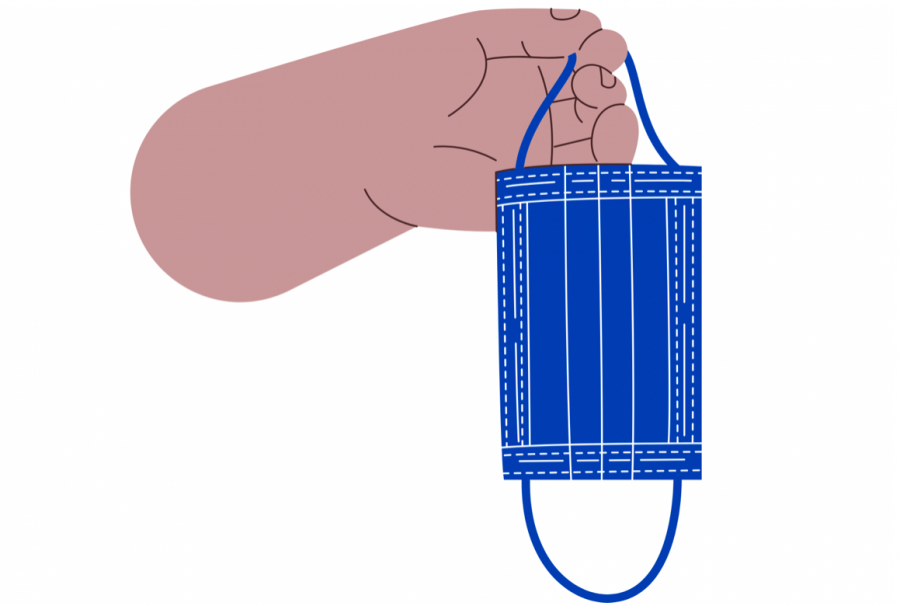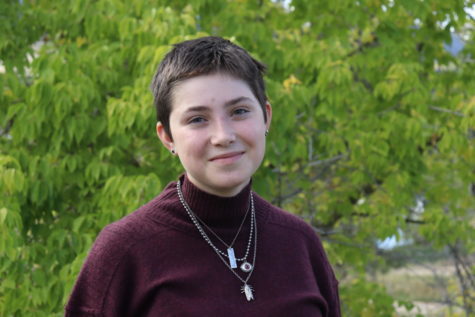Coronavirus Politics Update
March 2, 2021
Throughout the shift in political power from the Trump Administration to the Biden Administration, the coronavirus pandemic has continued to run its course. The government is responding with a new plan to help America recover from the virus, including financial aid, travel restrictions, and vaccination efforts.
Economic relief is of high priority for many citizens facing serious financial struggles — according to a study by NPR, more than half of people in America’s largest cities reported loss of a job or reduction in salary over the summer, with higher percentages (as high as 81% and 72% respectively) among Black and Latino Americans.
The first big stimulus package, passed in March of 2020, sent checks of $1,200 directly to each adult under an income threshold, plus an additional $500 per child. Prominent Democrats pushed for an increase to $2,000, such as Sen. Bernie Sanders, Rep. Alexandra Ocasio Cortez, Rep. Tim Ryan, and Vice President Kamala Harris. Republicans such as Sen. Josh Hawley and, at points, Former President Donald Trump backed the cause as well.
Said Rep. Ryan of Ohio in an opinion piece published in April of 2020: “Rent is still due, credit card bills keep coming in, utilities still need to be paid, our phone plans haven’t gotten cheaper, we still need to buy groceries to feed our families. How far do politicians think one $1,200 check can stretch?”
Nevertheless, the $2,000 checks did not materialize, and Americans received only the aforementioned $1,200 checks.
In December of 2020, another relief package was passed– this one with only $600 checks. This garnered pushback from elected Democrats, Republicans, and the general public alike, with many still fighting for the increased $2,000 to be sent out.
Now, newly inaugurated President Joe Biden has released his relief package plan. Promising $1.9 trillion of aid, it includes $1,400 stimulus checks for each adult under an income threshold, as well as extensions of programs laid out in March to offer loans to small businesses to insure they didn’t lay off their employees. It also continues and boosts increased unemployment programs from the last relief package.
With 388,000 COVID-19 cases in Colorado, vaccination is also a top concern for many citizens. 364,819 people in Colorado have received their first dose of the coronavirus vaccine, with a further 80,181 people having already received their second.
Colorado is entering Phase 1B of its vaccine rollout, finishing vaccinating health care workers with direct exposure to COVID-19 patients as well as long-term care home staff and residents. Now, efforts are transitioning to vaccinating those over 70. Various frontline workers will also be eligible for vaccination starting March 1st.
President Biden intends to deploy FEMA and the National Guard to construct vaccine clinics across the nation, saying in an address about his COVID-19 plan that:
“As we build them, we will make sure it’s done equitably. We’ll make sure there are vaccination centers in communities hit hardest by the pandemic, in Black and Latino communities, and rural communities as well.”
Also included in Biden’s plan are mandates that masks are worn on all federal properties across the country, and a “100 Days to Mask” challenge encouraging all citizens to wear masks to slow the spread of the virus.
“This is not a political statement,” said Jeff Zients, President Biden’s pandemic response coordinator. “This is about the health of our families, and economic recovery of our country.”
This comes in contrast to Former President Trump, whose position on masks was ambivalent, saying in the spring “The CDC is advising the use of nonmedical cloth face covering as an additional voluntary public health measure. […] They suggested for a period of time, but this is voluntary. I don’t think I’m going to be doing it.” He later contracted the virus and was hospitalized.
On January 25th, President Biden signed executive orders putting in place or extending national travel restrictions to Brazil, South Africa, and much of Europe in a bid to decrease the spread of new-found coronavirus variants into the United States.
When the population will be vaccinated, when case numbers will sink, and when life might return to pre-COVID normal is still unclear, but vaccination efforts continue to progress across the country.















